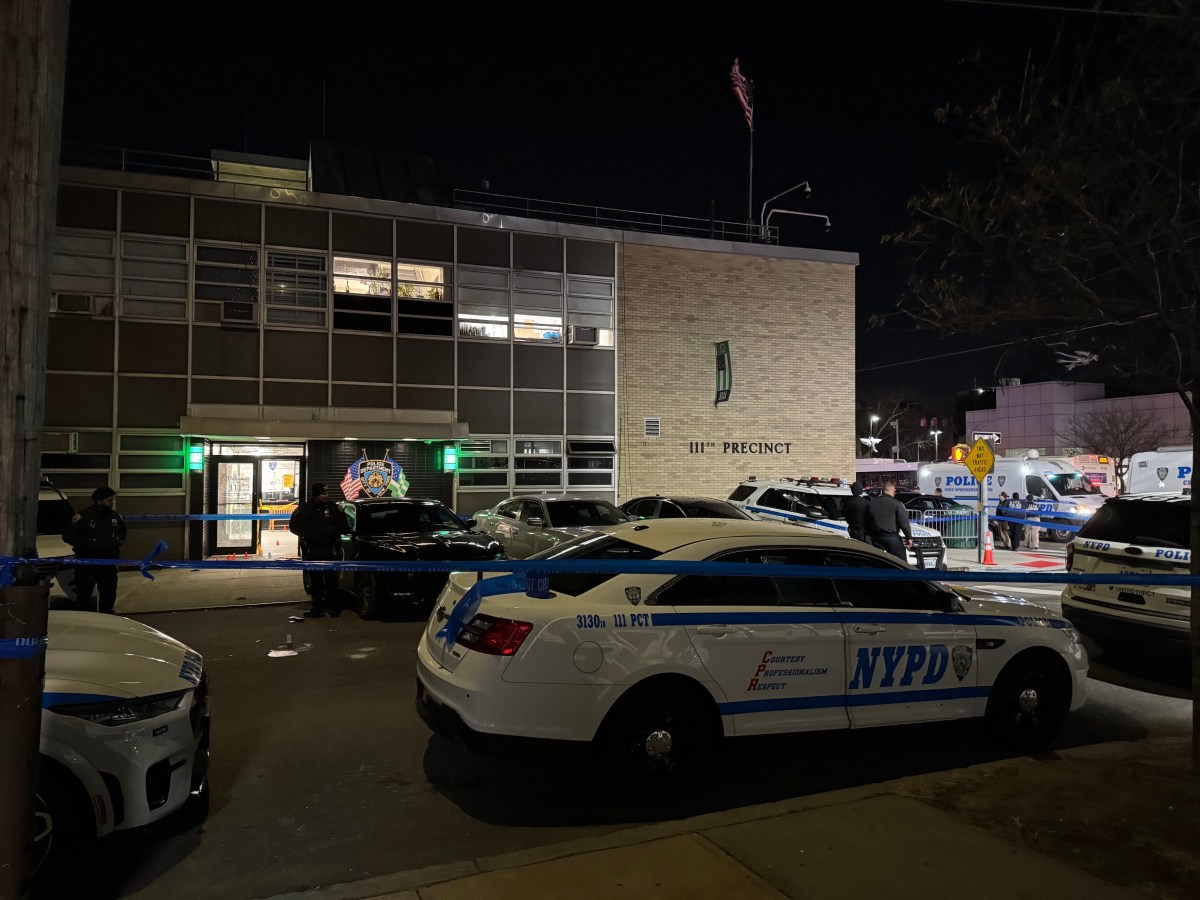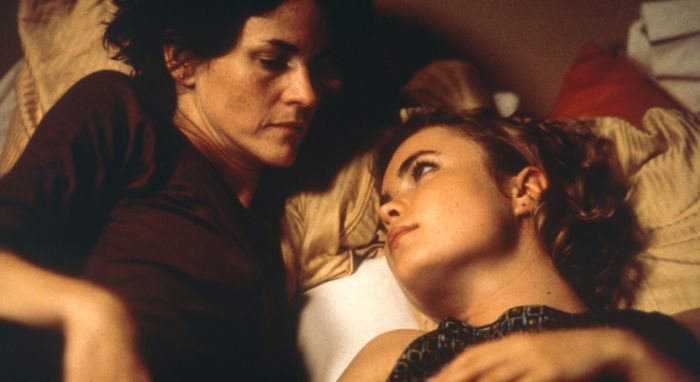Caroline N. Jackson
Drougas Books, or Unoppressive Non-Imperialist Bargain Books, as this West Village shop’s awnings proudly proclaim, sells publishers’ overstock and the shop owner’s lucky finds on everything from how to get around Sri Lanka and why marijuana should be legalized to psychedelic art. And true to the awning’s claim, the prices are cheap.
Eileen Anger, an employee at the Carmine St. store, says their selection of books is “basically privy to the owner’s taste, and he’s keeping with that whole unoppressive, non-imperialist theme.” Which means the store is jampacked with an eclectic mix of comic books and graphic novels, art books and cooking books and others on politics, cinema, spirituality and culture. More than a few are titles one would have a hard time finding at Barnes & Noble.
Jim Drougas, the shop’s owner, lives above the shop with his wife, daughter, and son. He and his wife opened the store 16 years ago after running the High Times bookstore in Soho and wholesaling bargain books for many years.
“A few years after I got married, my wife wanted to try to do a retail space,” said Drougas. “We started next to the Little Red School House near the flea markets on the weekends and we realized we could really start selling books.”
The shop expanded seven years ago into an open space next door and now includes a children’s bookstore. But the shop’s future is uncertain.
“We just signed on again for another four years, which gets my daughter through high school. Then, who knows?” Drougas said. “Village prices — even our rent is reasonable — are out of hand for a retail space.”
The books that are stacked literally to the ceiling of the small store at 35 Carmine St. come from four or five wholesale companies in Germany, Holland and England and what Anger calls Drougas’s “great wheeling and dealing.” Drougas says the store competes with 40 bookstores in the city, like Strand — to which he himself sells wholesale — that frequent tradeshows to get books for retail and wholesale.
“If I find a leatherbound edition of ‘Moby Dick,’ I have to jump on it,” Drougas noted of the industry’s pressures. “I’ve been really lucky to get a lot of important books.”
R. Crumb’s graphic novels, numerous volumes of the Rough Guide travel guidebooks and lots of books on Eastern religion are among Drougas’s interesting finds that he sells to loyal regulars and tourists who peruse the shelves to the low hum of The Misfits. Drougas says he uses his own interests to choose the store’s merchandise, rather than trying to predict what his mixed customer base might want.
“I don’t think I really cater to anyone,” he said. “We kind of cultivate the public, especially the tourist who doesn’t really get it.” Drougas does stock books he knows will sell, like Dr. Seuss and the prison letters of Antonio Gramsci, but he won’t sell anything he finds distasteful. “We won’t sell Newt Gingrich even if someone gave it to me,” he said.
There have been a few setbacks over the years for this unique bookstore. Whenever Carmine St. loses a popular dining spot, it means fewer people dropping into the store while waiting for a table. Also, the city’s removing parking meters had an impact, as did the brief subway strike of 2005, poorly timed right during the holiday season.
“Somehow, we’ve managed to get by, mostly because of the wholesale stuff,” Drougas said. “Retail is kind of a public service; I don’t think we’ve ever made money off it.” He’s hoping that a proposal he made at a community board meeting to make Carmine St. one-way, with new parking meters lining one side, could help revive the area.
“Everyone was a little anxious about the idea, but it’s under consideration,” he said of a one-way Carmine St.
Drougas said he doesn’t see many college students in the store anymore, a group that presumably wouldn’t be affected by a lack of parking meters and could walk from N.Y.U.’s campus. He thinks it’s because young people are steering away from books, opting for the Internet and TV instead.
“We do reach a good portion of book fanatics, though, and there are enough of them out there,” Drougas said.



































